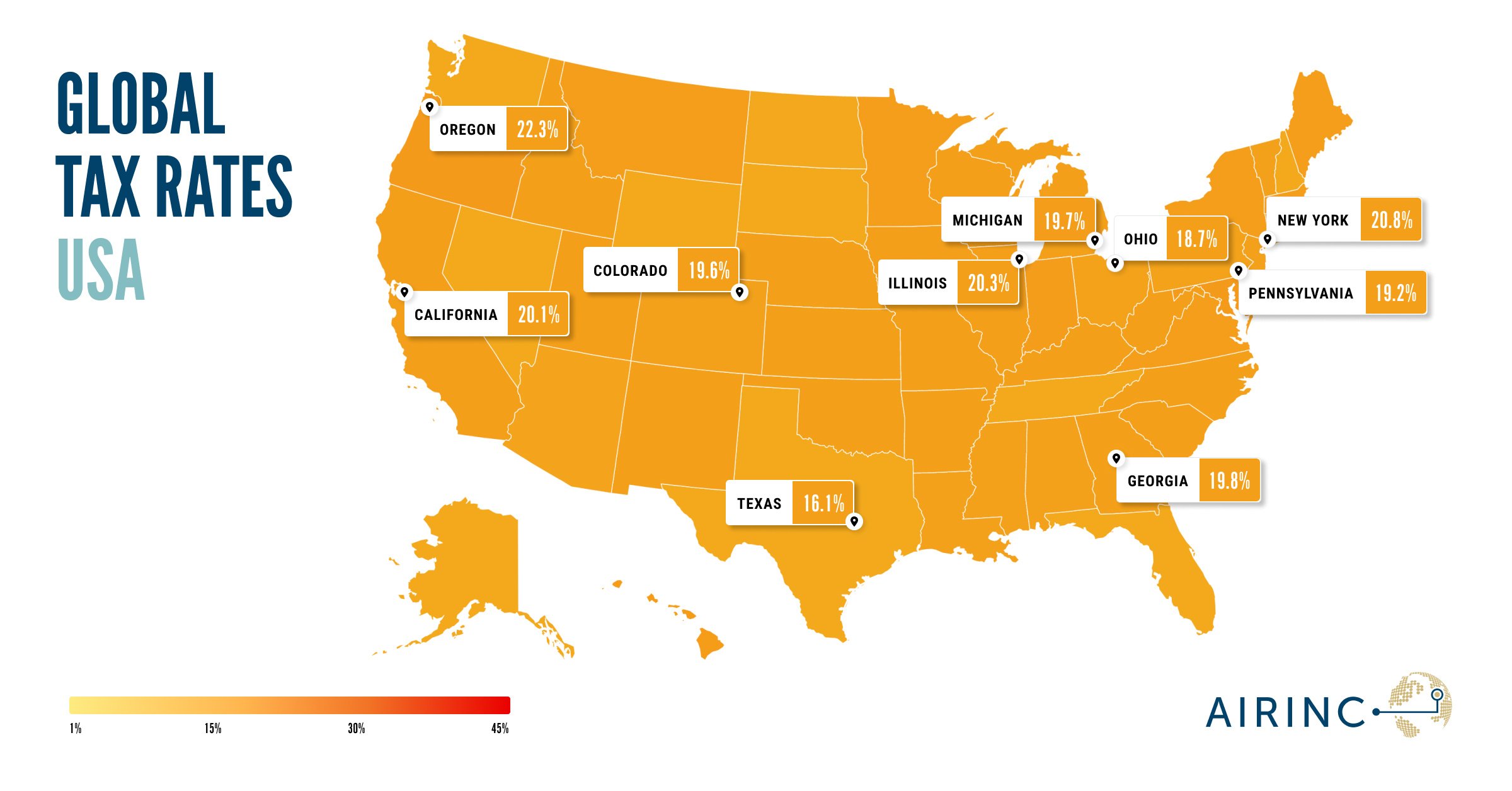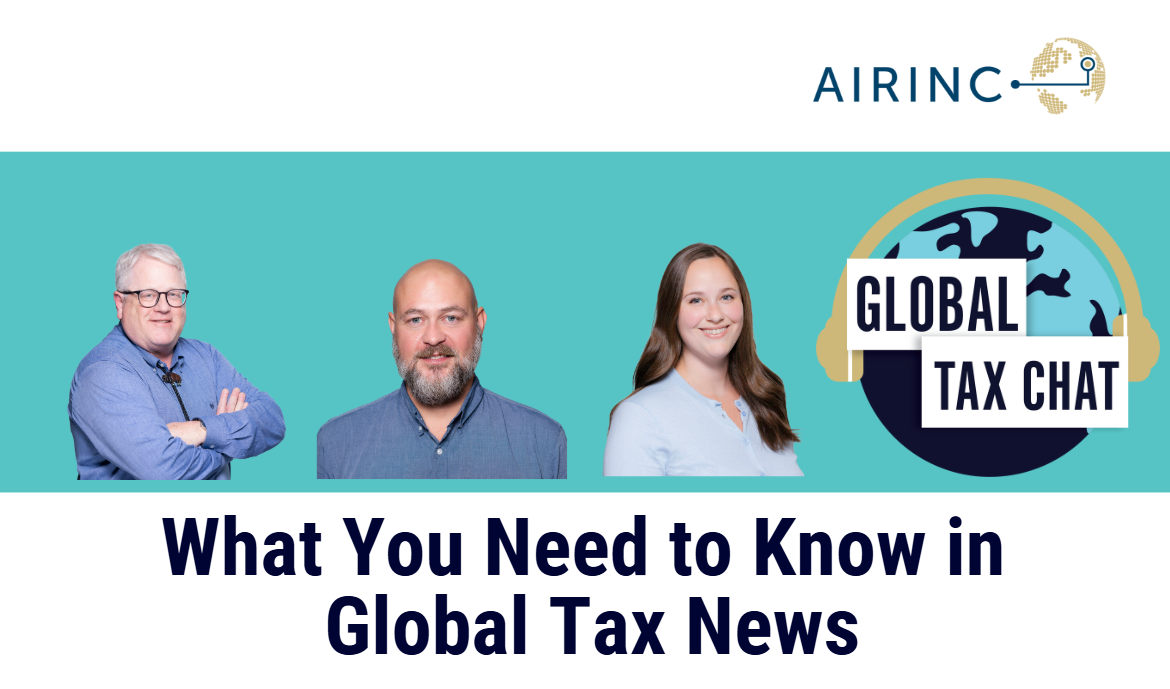Global Mobility tax update
AIRINC Global Tax Director Pat Jurgens joined Benivo’s 'The View from the Top' hosted by Brian Friedman on July 14, providing a global mobility tax update, accompanied by immigration expert Julia Onslow-Cole, and special guest Becky Woods, Sr. Director Global Mobility at ADP.
What's the latest news in global tax?
Commuter arrangements continue to gain in popularity to deliver flexibility to the employee, not requiring their family to relocate but still achieving the strategic business need. Commuters are typically, an employee who makes regular trips to work cross-border, and returns regularly to their place of residence, where they also work on occasion. Usually, trips cross-border are unaccompanied. The intended length of the commuting arrangement may be for a short period or indefinite.
From a tax angle, commuters have more complex tax problems than a traditional expat. With work done in multiple locations, it is more likely that two tax jurisdictions will try to tax the same income.
There are some tax concessions for commuters to help with double tax relief:
- The Reciprocity agreements within the US states. These allow only the resident state to tax the employee’s wages – the work state forfeits the right to tax. Example: Residents of Virginia and Maryland that work within D.C. only pay state tax to their resident state.
- Frontier Workers – Intra-Europe. The Frontier Worker agreements will spell out whether the work country or resident country have the right to tax employee wages. Some bilateral agreements share the taxing rights. Country combination specific.
- Dependent personal services article – the infamous 183-day rule. Exempt at host if treaty requirements are met.
- The Residency Tie-breaker article – where the employee meets residency requirements in BOTH home and host countries. This article is used to determine which country has a stronger claim to apply tax residency – factors such as where the family lives, where they regularly live, and where their ‘center of vital interests’ is located. Typically, in a commuter arrangement the home country will win the residency claim, and the host country will consider the commuter as a nonresident. But the host country will still want to tax the nonresident wages earned there.
- Foreign tax credit offset for taxes paid at host or claim ‘Exemption with Progression’ under treaty. This will effectively reduce the home resident tax for the taxes paid at host. Remember however that commuters often also have workdays at home, so there will be some residual home tax due.
- We typically see the majority of commuters offered tax equalization to help with the double taxation. Plus, professional tax return preparation and consultation.
Don’t overlook the social security implications as those social rules will often not follow the tax rules. Indefinite-term commuters will have a harder time getting a COC and totalization benefits. Social Security may need to be paid in both locations.
For more information on any of these tax issues contact Pat Jurgens.
Special guest Becky Woods
The show welcomed Becky Woods, to talk about her career and the Mobility program at ADP. Becky's career includes own self-managed move to Costa Rica. We will also be deep-diving into Mobility at ADP including their innovative approach to managing relocation in-house.
Upcoming shows and how to access them
Join Benivo's LinkedIn Live Shows of 'The View From The Top' every other Wednesday at 8am PST, 11am EDT, 4pm BST, 8:30pm IST.
Pat joins again on July 28!






%20(18).jpg)

